General of the Armies George C. Marshall served successively as Army Chief of Staff during World War II, Secretary of State during the early years of the Cold War, and Secretary of Defense during the Korean War. By the time of his passing on October 16, 1959, he was universally recognized as one of America's greatest strategic leaders of the 20th Century.
Mentoring, coaching and growing subordinates are among the most critical skills senior leaders demonstrate. General Marshall mastered these skills early in his career. Even as he ascended to the most senior positions of leadership, his ability to bring out the best in those he led and to influence those around him was legendary. While the issues that he influenced were of great import, Marshall's subordinates and staff took note of his methods of influence, shaping their behaviors and careers in turn.
Communications with senior commanders required tact, diplomacy and the ability to convey clear meaning. Marshall's personal relationship with General Dwight D. Eisenhower was particularly telling in this regard. Having served together before World War II, they maintained a close relationship throughout the conflict. According to then-Colonel (later, General) John Hull, who served in the Plans Division of the War Department, their communications reflected a shared respect.
"[Marshall] never interceded in trying to influence General Eisenhower to take a particular line of action. But they communicated back and forth almost on a daily basis and General Marshall would discuss future operations with General Eisenhower. And the attitude that he always expressed was, 'I'm sure that you've considered so and so, and so, and so.' He didn't say, 'Don't forget to do this.' He just said, 'I'm sure you've considered it. And I'm sure you will consider these things before you make your decision. But whatever your decision is, it is your decision and I'll back it.' And so, the relationship between them was superb."
Other commanders presented a greater challenge. Marshall's relationship with General Douglas MacArthur was distinctly different. Hull later recalled that the two generals "sort of handled the other with kid gloves." Unlike every other command, Marshall insisted on personally reviewing every communication between the War Department and General MacArthur, editing each one as necessary to ensure his precise intent was conveyed. In Hull's terms, the relationship was "technically correct, but you couldn't work with one of them without realizing that there was a sensitiveness about it that you didn't find with other people."
Marshall was always open to different opinions and expected his staff to provide honest assessments. General Matthew Ridgway, who accompanied Marshall before the war to visit several South American countries, knew Marshall expected honest opinions from his staff. "You better give him your opinion, not what you thought he wanted. Present something to him, particularly when he was Chief of Staff. You were to analyze something and bring it in. He would want both sides of the thing."
Then-Colonel (Later General) Albert Wedemeyer recalled a similar conversation he had with General Marshall at the Casablanca Conference in 1943 regarding the terms of unconditional surrender. When asked by Marshall, Wedemeyer opposed the idea, stating that the terms would "compel the Germans to fight on and on-increasing the loss of life on both sides." Marshall asked Wedemeyer to present his views to the Joint Chiefs, where he strenuously argued the position before the assembled flag officers. Wedemeyer later recalled their subsequent, private conversation.
"'I'm sorry that I talked so vociferously, General Marshall, at the meeting this morning about unconditional surrender. I wanted to make certain that Admiral King [Chief of Naval Operations], at least, got the picture.' General Marshall stopped and looked at me. He said, 'Wedemeyer, don't you ever fail to give me the benefit of your thinking and your experience. You would do me a disservice if you did otherwise.' I felt that here was a man-a great man-giving me that latitude and being so fair about it."
General Marshall's accomplishments are well documented, but his ability to bring out the best in his leaders and staff was truly extraordinary. His ability to inspire in them the confidence to express their opinions and to act fully within their spheres of influence impressed all who served with him. Marshall's skill as a mentor of Soldiers, allowing them to grow their professional capabilities, is one of his enduring legacies to the Army and the nation.
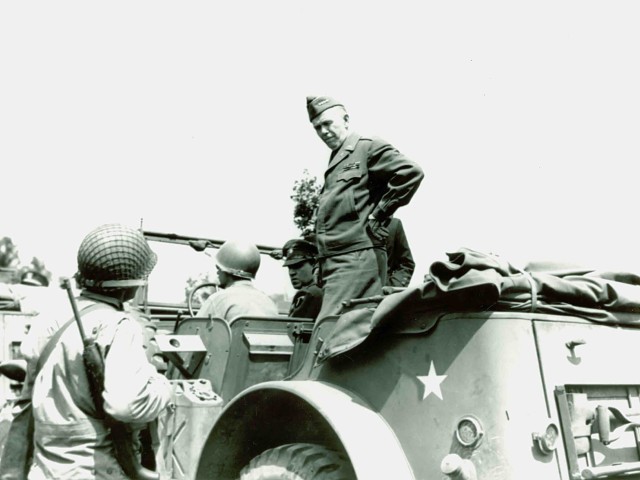
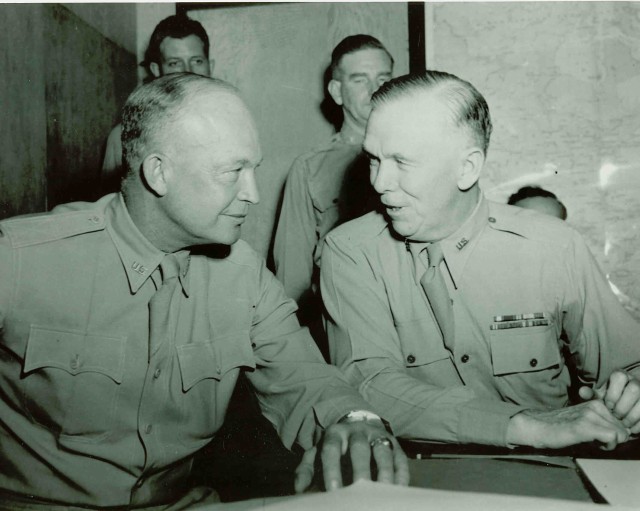
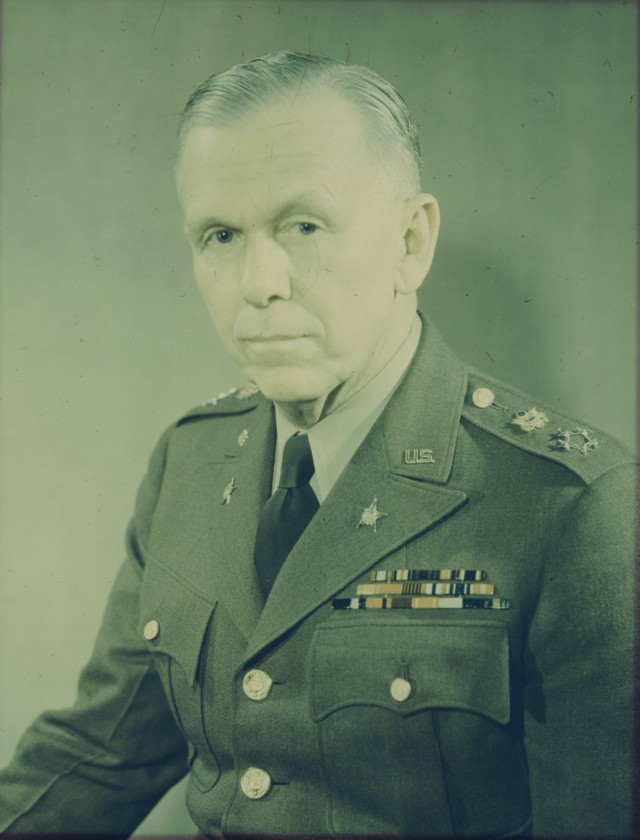
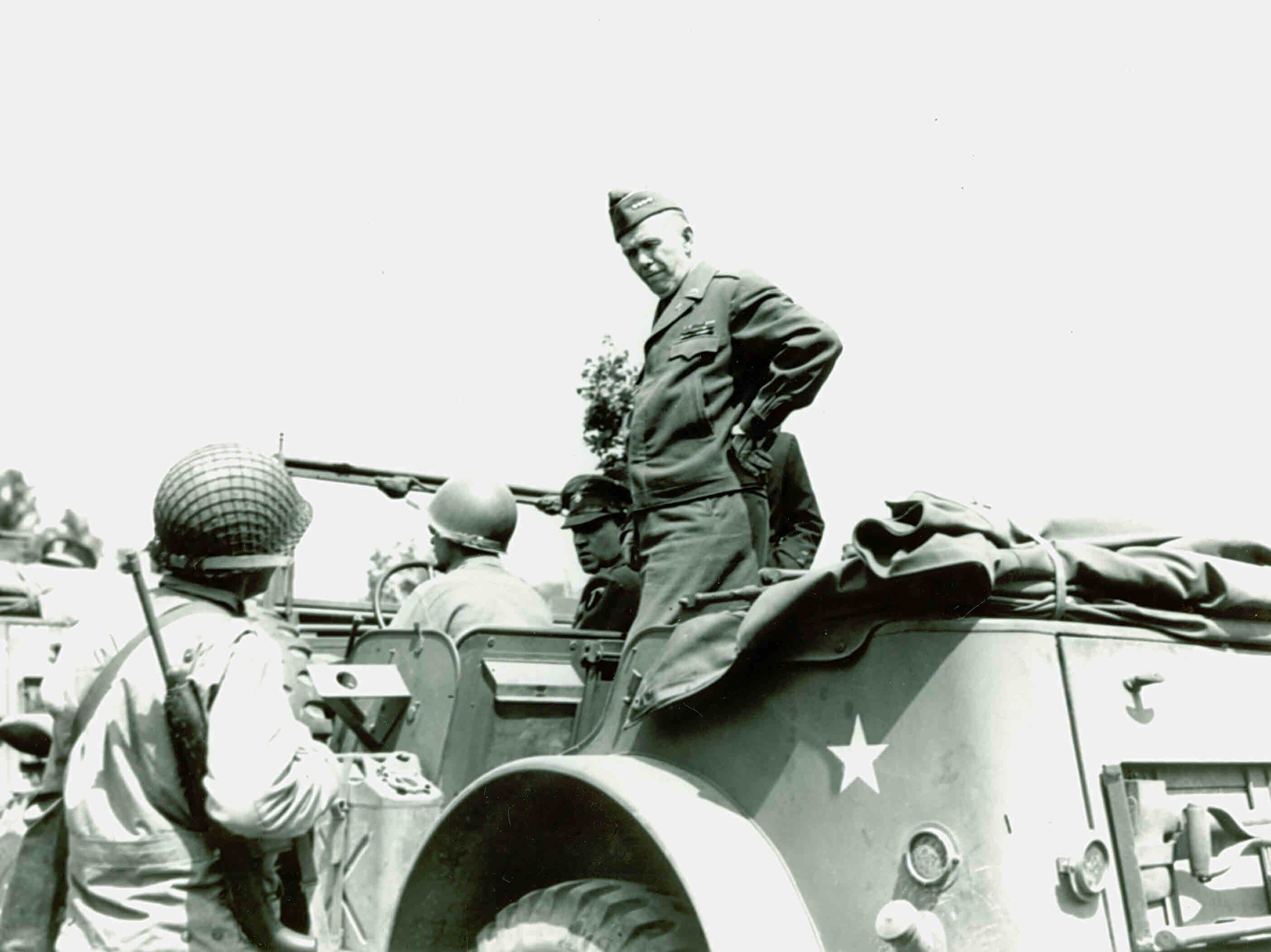
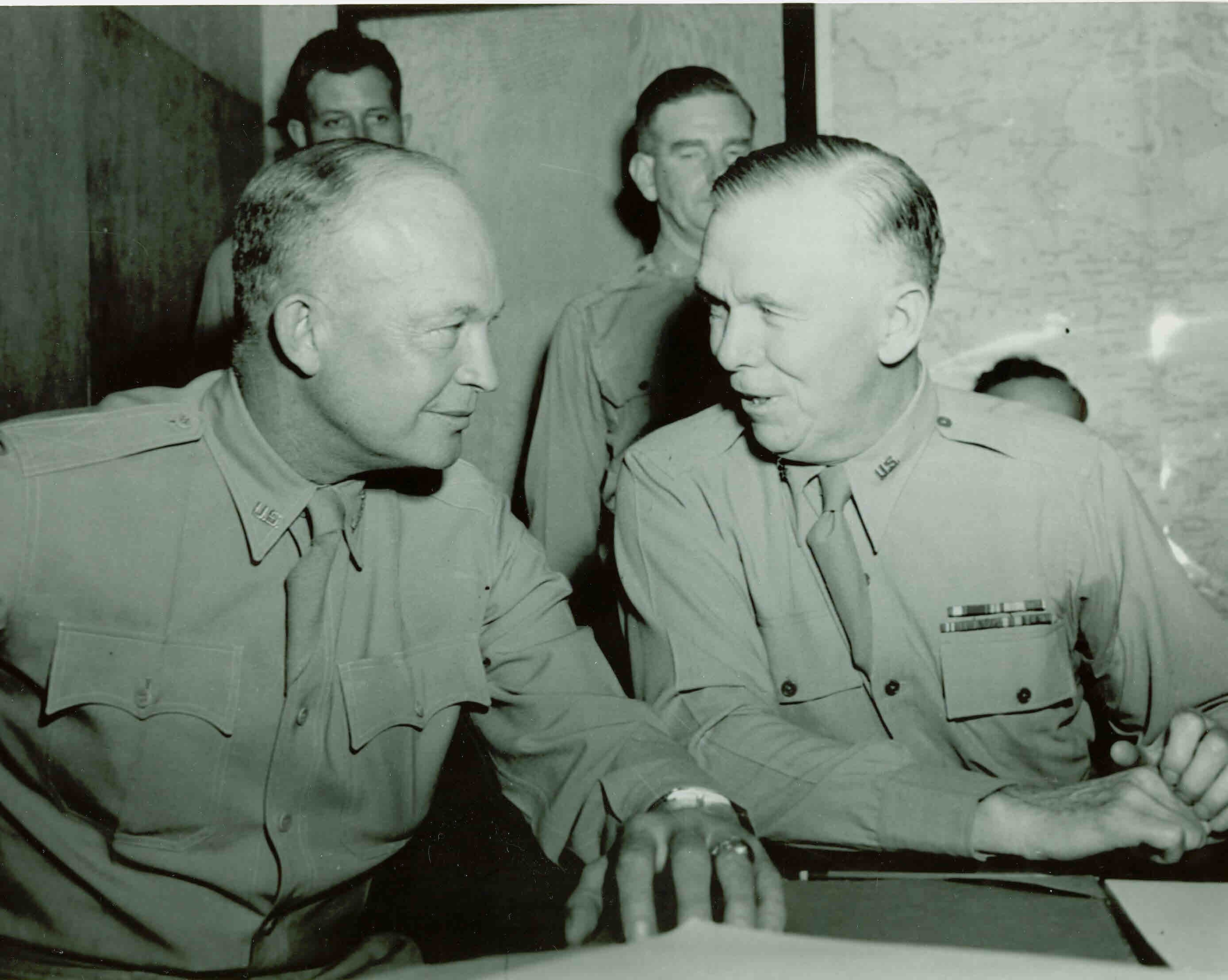
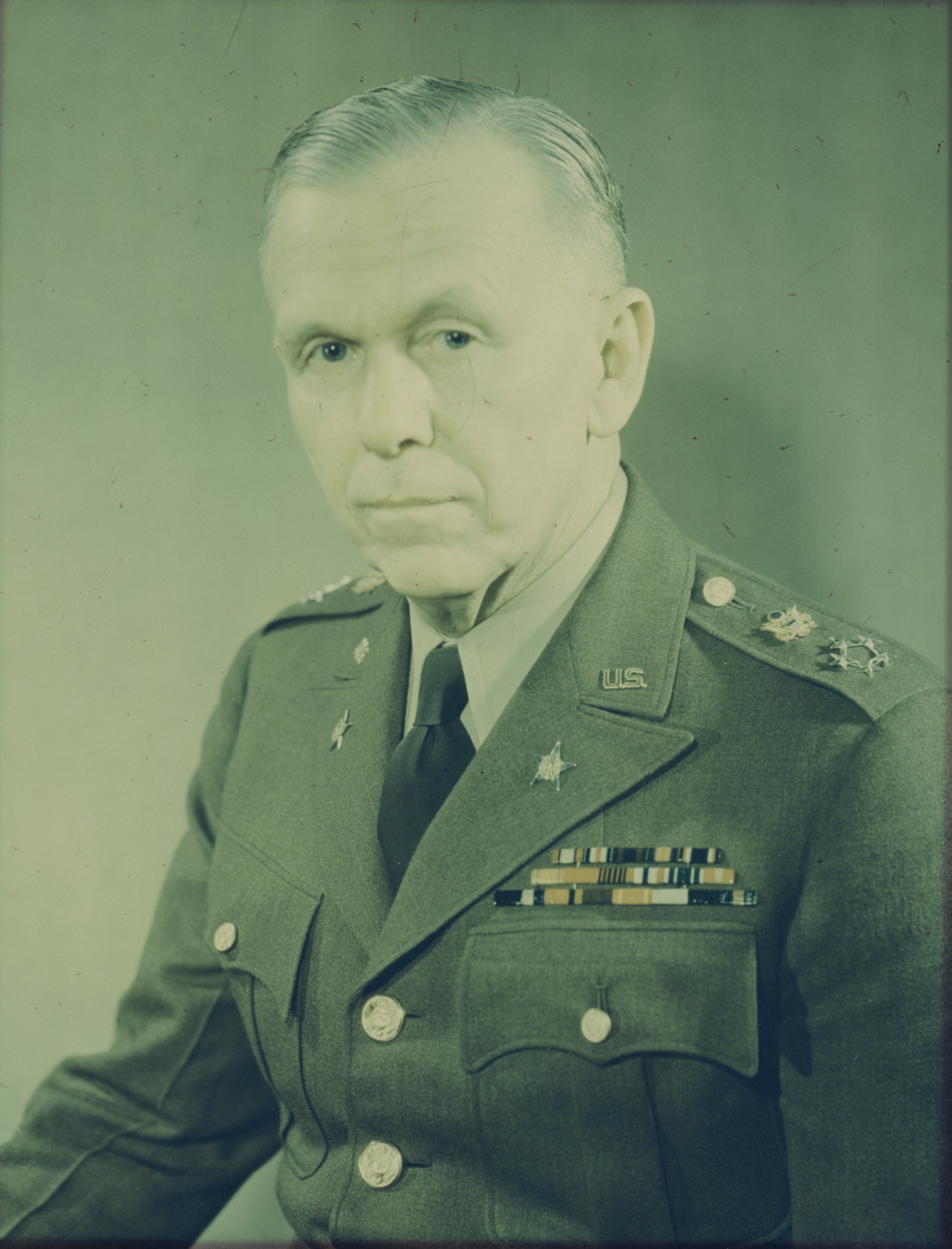
Social Sharing